Page 9
Category: Regulations
-
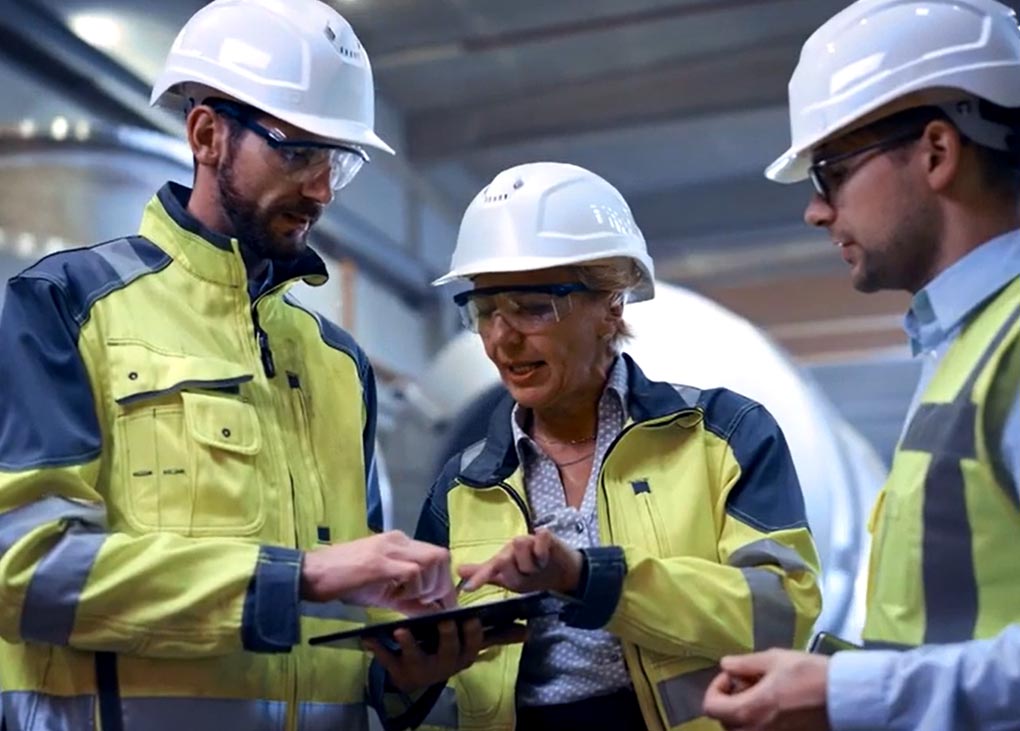
Sweeping building reforms on the way in NSW
The NSW government is seeking industry and community input on proposed changes to building sector laws, as well as specific changes to compliance and fire-safety laws. The government says these changes are aimed at better protecting consumers and supporting businesses and workers, to improve confidence in the NSW building and construction industry. Compliance and fire […]
-
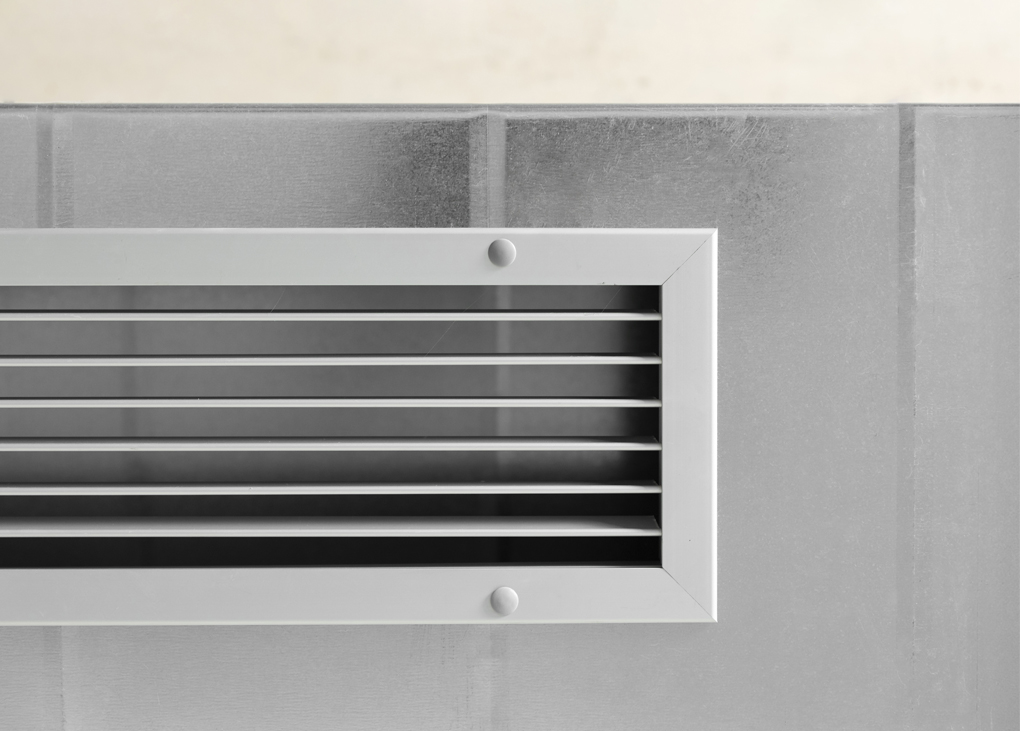
NSW heeds calls to defer licence deadline
After an intense series of meetings with stakeholders from the HVAC&R industry, the NSW government is set to push the implementation of the new mechanical services licence back from October 1, 2022, to March 1, 2023. The exception to this will be the medical gas licence, which will go ahead as planned at the end […]
-
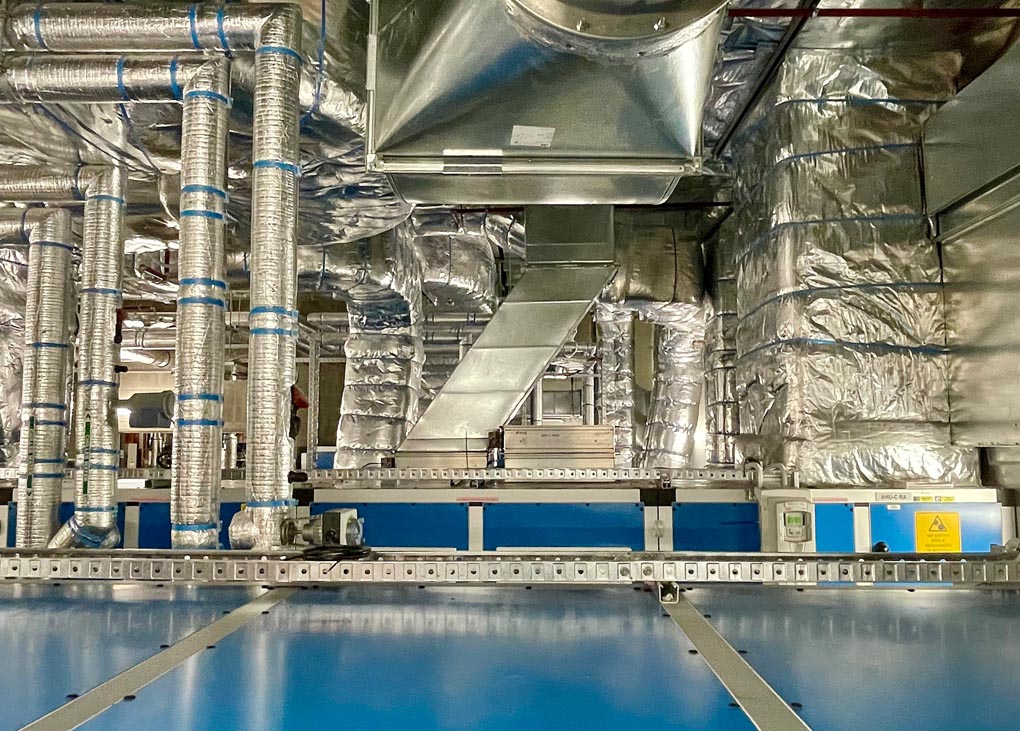
Deadline looms for new mechanical services licence
The New South Wales government is pressing ahead with plans to begin a new licensing class for mechanical services and medical gases on October 1. Given the tight timelines, and the concerns raised by HVAC&R stakeholders, NSW Fair Trading is working intensely with industry groups to better define the scope of the new licence – […]
-
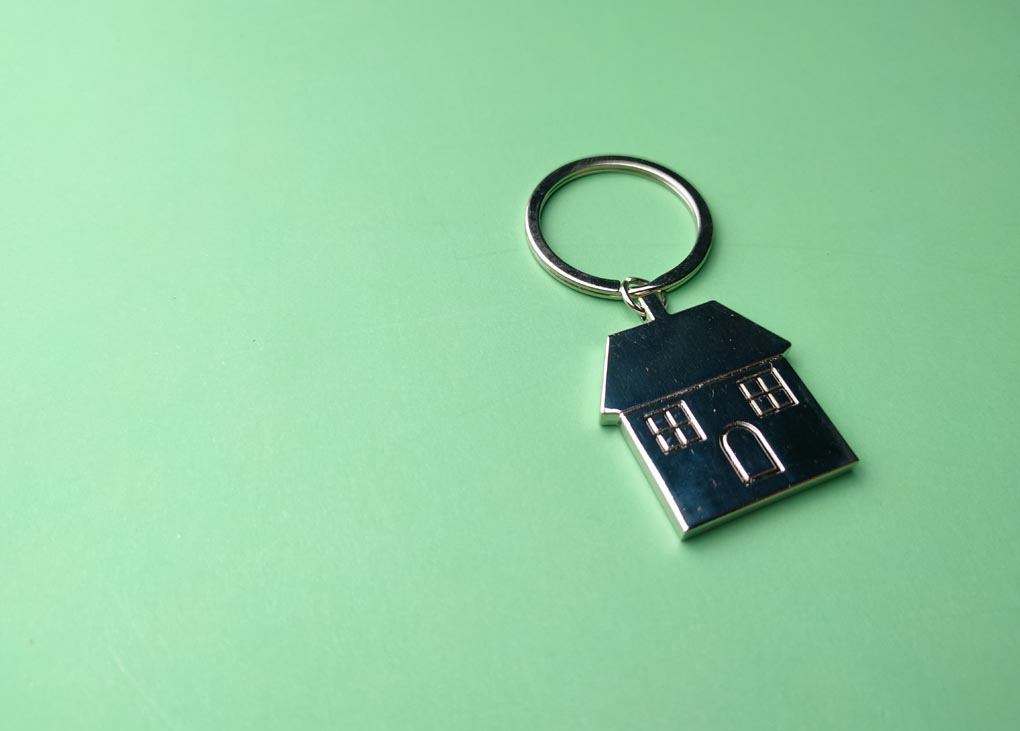
Full details of NCC 2022 revealed
The Australian Building Codes Board has released the second stage preview of the National Construction Code 2022. Although a first-stage preview was released in May this year, it did not include the provisions around energy efficiency and condensation management. These new measures have now been agreed to by building ministers, and have been revealed in […]
-

Seven-star minimum confirmed for NCC 2022
Building ministers have agreed to the final changes to the 2022 edition of the National Construction Code (NCC), including a minimum 7-star NatHERS rating for new homes. New homes will also have a new annual energy-use budget applicable to major appliances such as space conditioning, hot water, lighting, pool and spa pumps, offset by any […]
-
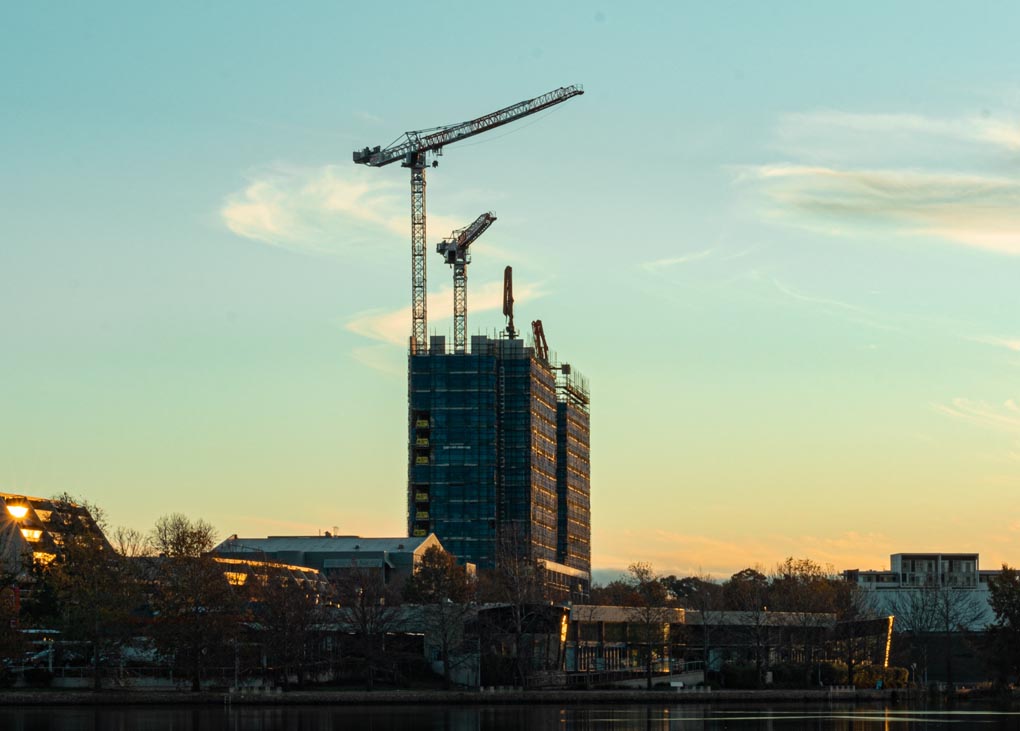
National registration roll-out gathers pace
Western Australia and the ACT have both taken the next steps towards implementing registration schemes for professional engineers. The moves add momentum to a nationwide trend towards registration schemes in response to the recommendations of the Building Confidence Report, which highlighted the need for registration as a mechanism for providing public accountability. WA and the […]
-
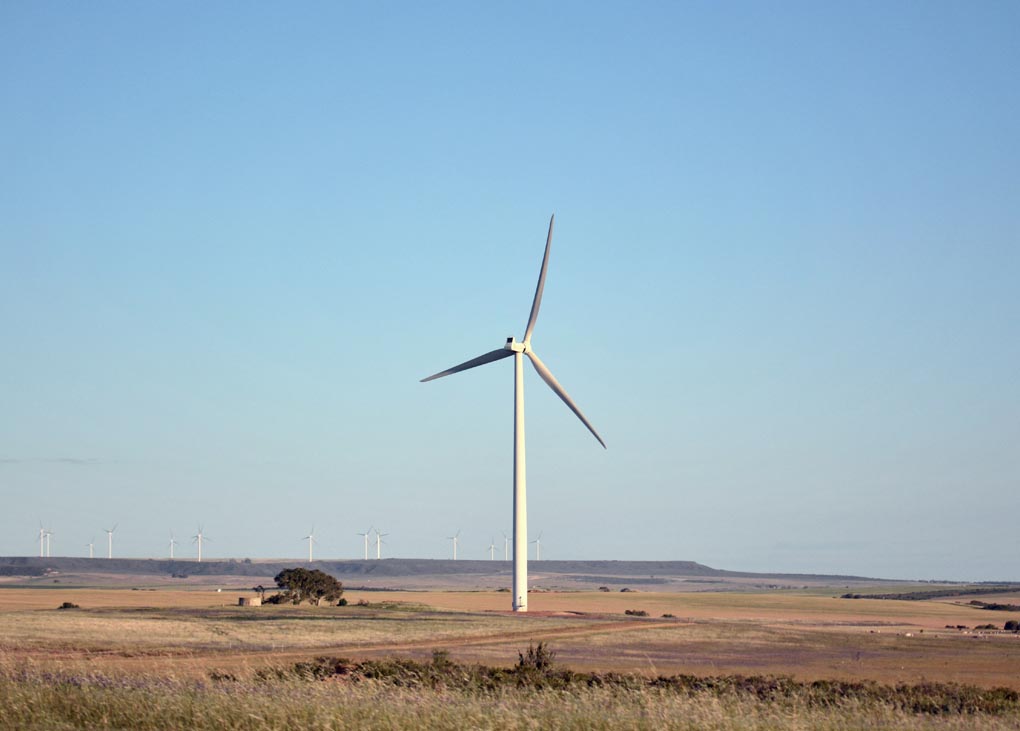
Renewable reset for Australian energy policy
A meeting of Australia’s energy ministers on Friday has been hailed as a vital step towards net zero, with the environment to be included as part of the National Energy Objectives. Ministers agreed the vision, principles and key initial priority areas for a new National Energy Transformation Partnership. They described this as “a fundamental reset […]
-
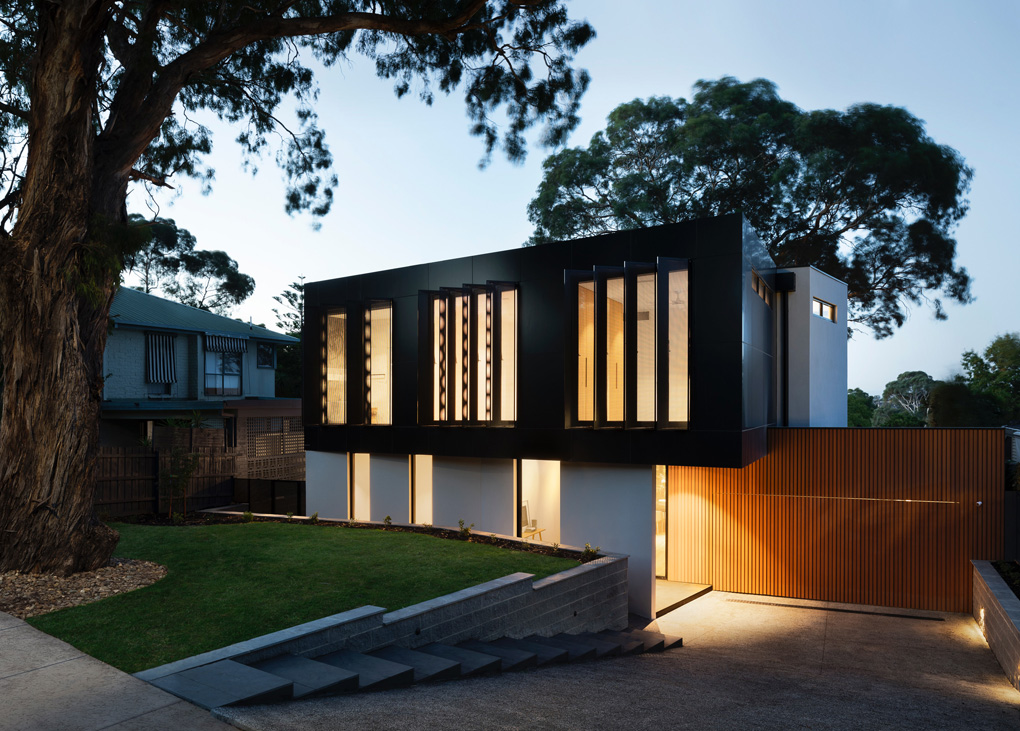
More time required for NCC 2022
The Australian Building Codes Board (ABCB) is recommending that the publication date for the National Construction Code 2022 be pushed back from September to October. Building Ministers are scheduled to meet in late August 2022 and still need to make some key decisions about NCC 2022. This includes the final analysis from the ABCB on […]
-
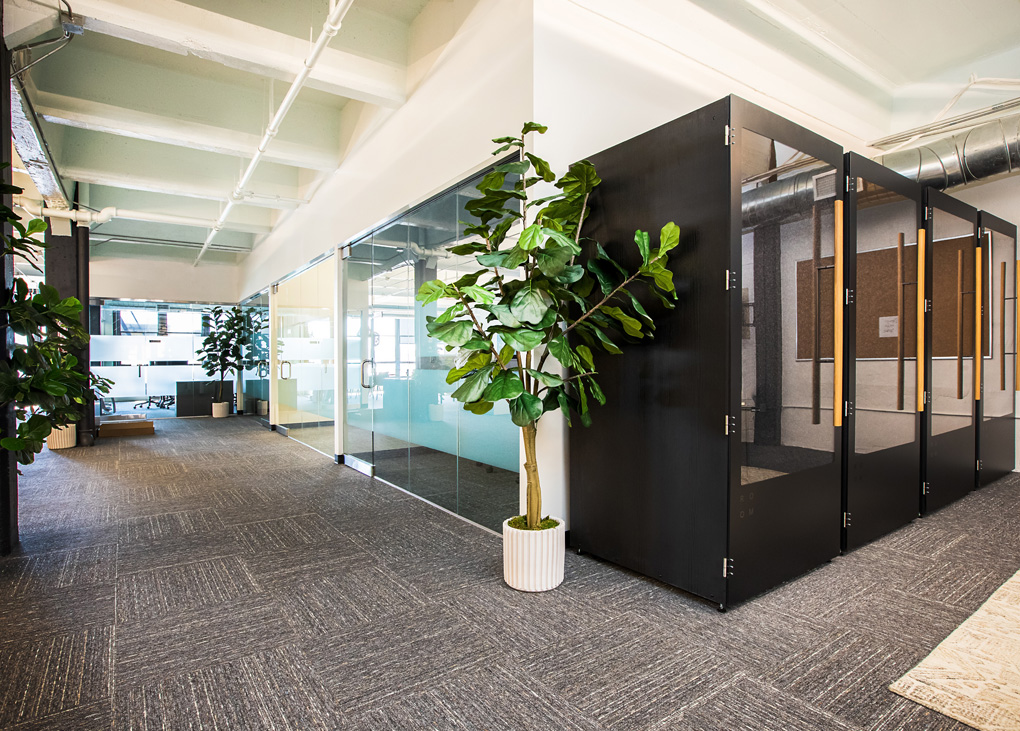
ABCB seeks input for updated IAQ Handbook
The Australian Building Codes Board (ABCB) is calling for input in reviewing and updating the Indoor Air Quality (IAQ) Handbook to reflect the latest scientific evidence from the COVID-19 pandemic. “The importance of IAQ in buildings has recently been highlighted through the COVID-19 pandemic,” says the ABCB, “since adequate IAQ can help to minimise the […]
-
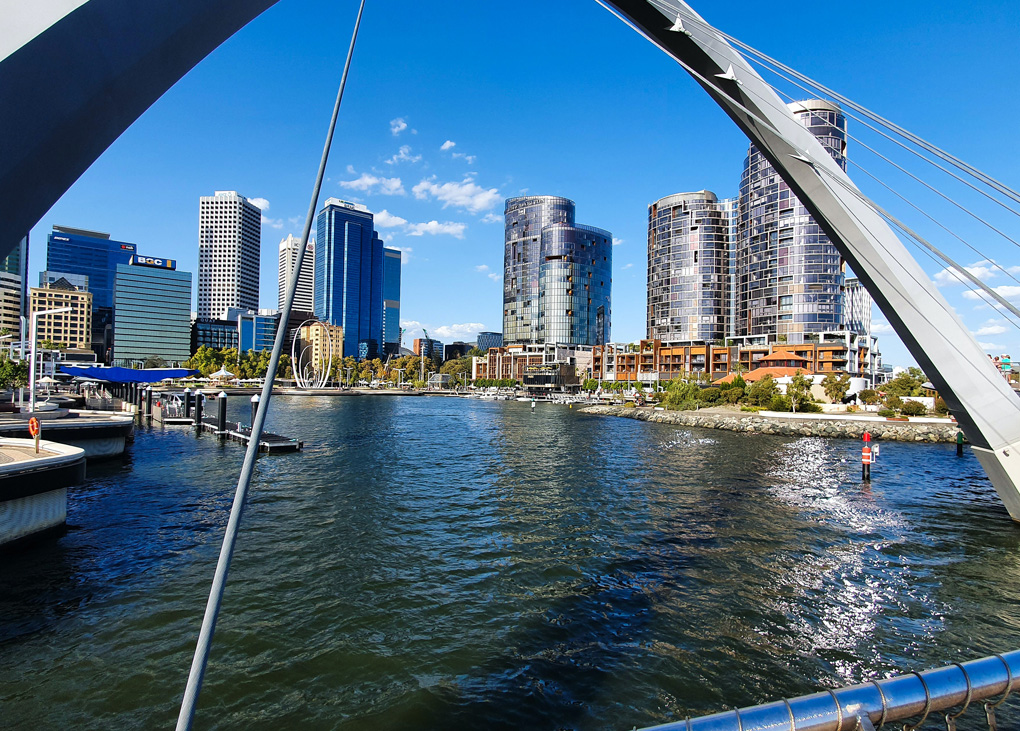
Professional registration expanding to Western Australia
Western Australia has taken the next step towards implementing professional registration requirements for engineers, with the release of a Decision Regulatory Impact Statement (DRIS) on registration of building engineers. As it is laid out in the DRIS, the proposed scheme is similar to schemes in other jurisdictions, but also has some important differences. To begin […]
-
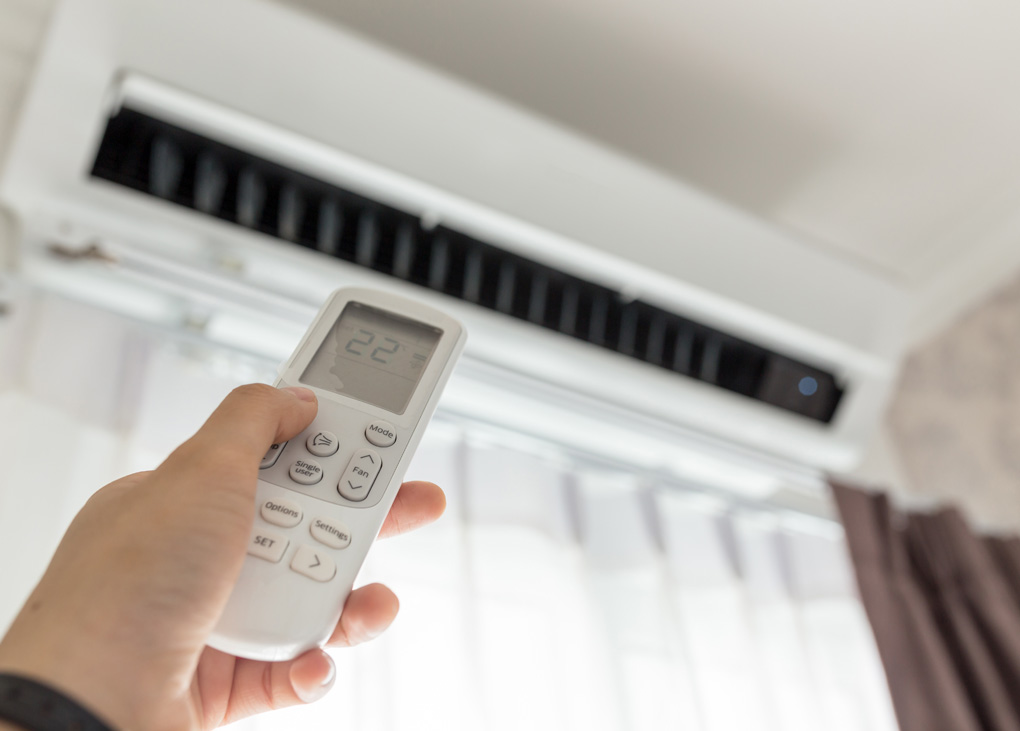
Victoria to revise energy upgrades program
The Victorian government is seeking input to update two incentives available under the Victorian Energy Upgrades (VEU) program: space heating and cooling, and water heating. The VEU program households access discounted energy efficient products and services. This is done through accredited providers who operate across the state. As well as equipment such as low-flow showerheads, […]
-
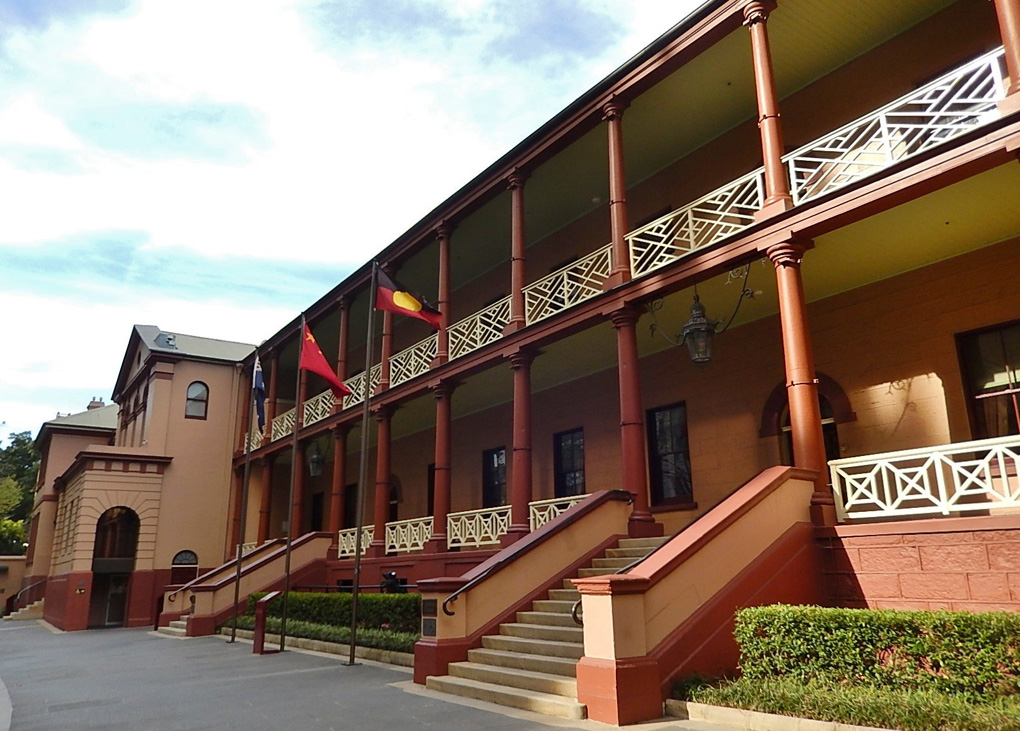
New mech services licensing coming to NSW
The NSW government is preparing to implement a new licensing system for mechanical services in October 2022. The changes were prompted by the need for medical gases licensing, but also include provisions that impact mechanical services workers across refrigeration, air conditioning and plumbing. The Building Amendment (Mechanical Services and Medical Gas Work) Bill 2020 amends […]
-
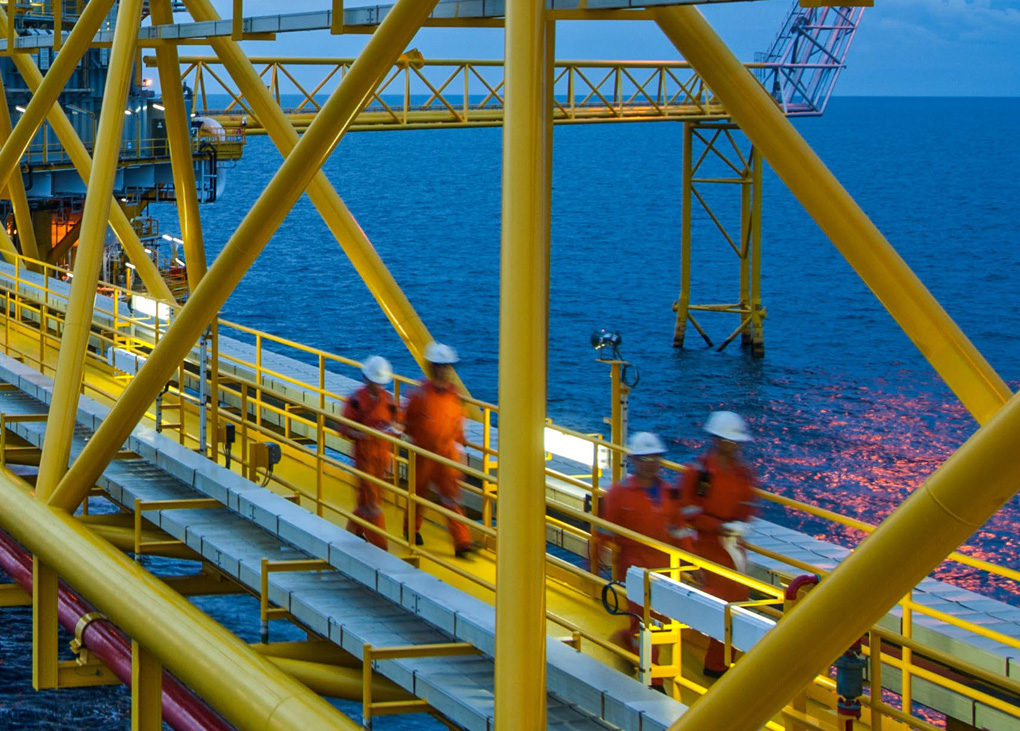
Focus on efficiency and electrification in gas roadmap
The Victorian government has released its Gas Substitution Roadmap with the stated aim of helping the state navigate the path to net-zero emissions while providing greater consumer choice and cutting energy bills. The government is touting the plan as Australia’s “first coordinated decarbonisation plan for the gas sector”. And there are good reasons for Victoria […]
-

Building owners may carry cost of new servicing rules
Industry has warned that building owners and operators may face a financial burden as a result of amendments to the Gas Safety Regulation 2022 in Victoria and the new requirements for maintenance of gas-fired equipment that came into effect on June 1, 2022. With the amendments, two major changes have taken place. First, AS 4575 […]
-

Survey open on energy audit standards
A survey is under way to provide feedback on Australia’s energy auditing standards, and ultimately help businesses identify and implement high-quality energy-efficiency projects. Standards Australia released a series of standards for energy auditing in 2014 that set out the minimum requirements for commissioning and conducting three prescribed types of audits that identify opportunities for cost-effective […]
-
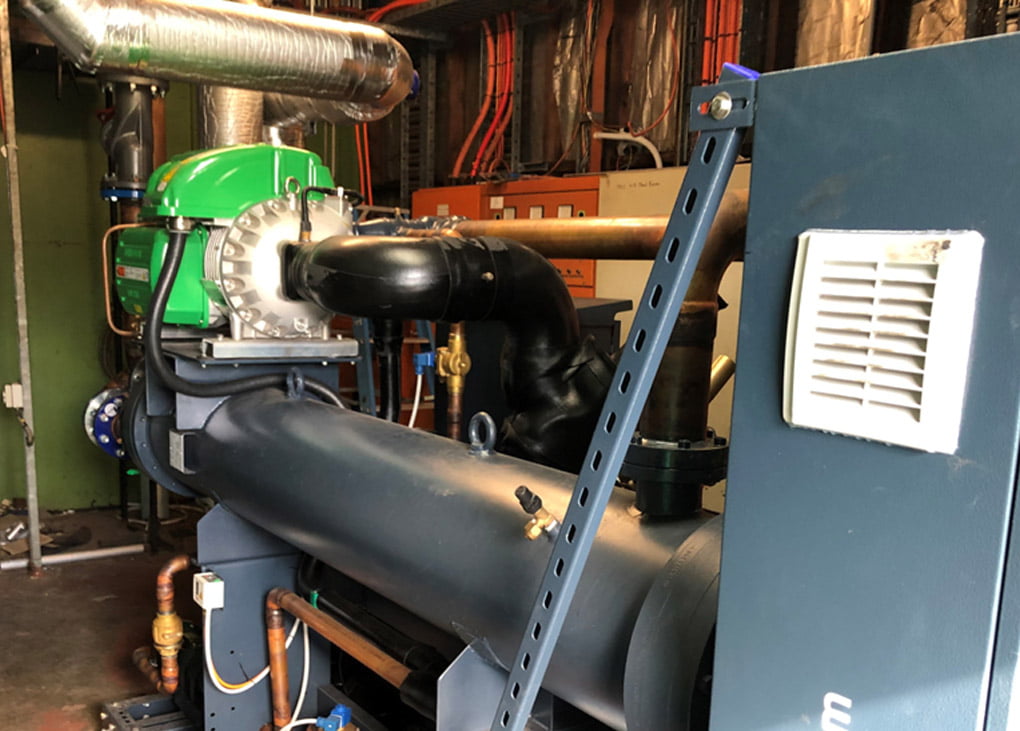
New explosive gas atmospheres standard on the way
Industry is preparing for a new edition of AS/NZS 60079.10.1:2009, Classification of areas – Explosive gas atmospheres, due to appear later this year. AS/NZS 60079.10.1:2009 is a modified version of the IEC 60079-10-1 standard, published in 2008. Since then there have been two updates to the IEC standard, in 2015 and 2020. The Standards Australia […]
-
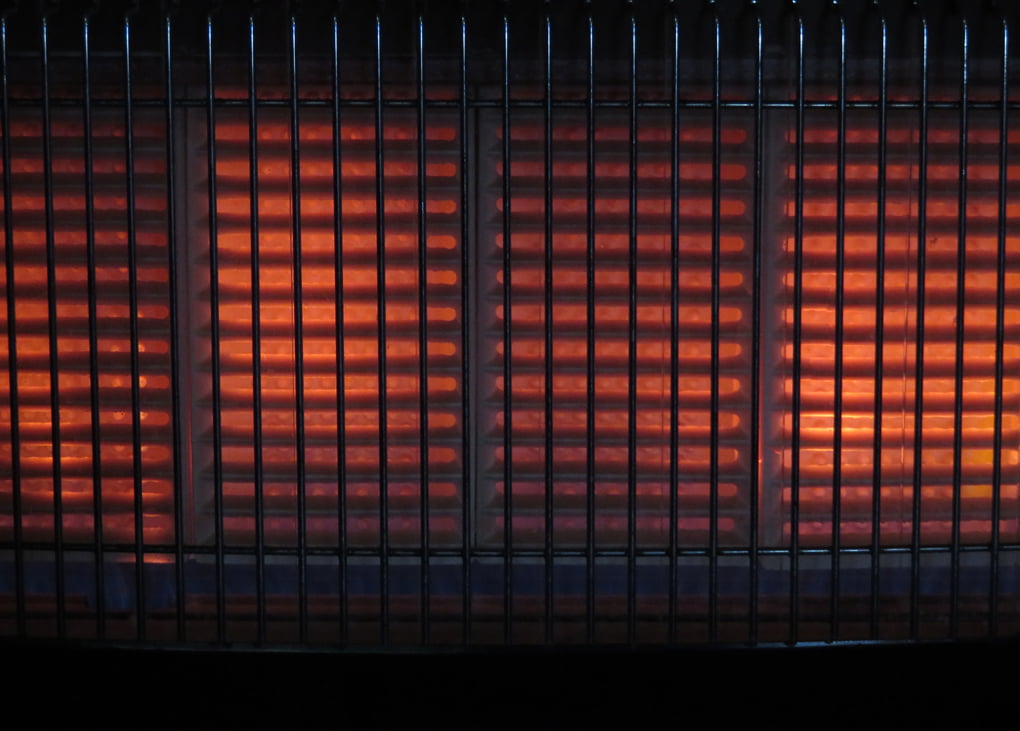
Victoria eyes ban on non-compliant gas space heaters
Energy Safe Victoria is assessing whether to exercise its powers to restrict the supply and sale of open-flued gas space heaters (OFGSHs) that do not comply with the current AS/NZS 5263.1.3 standard. After a consultation in 2020–21 to decide on the best approach to phasing out of OFGSHs that may pose safety risks for households, […]
-
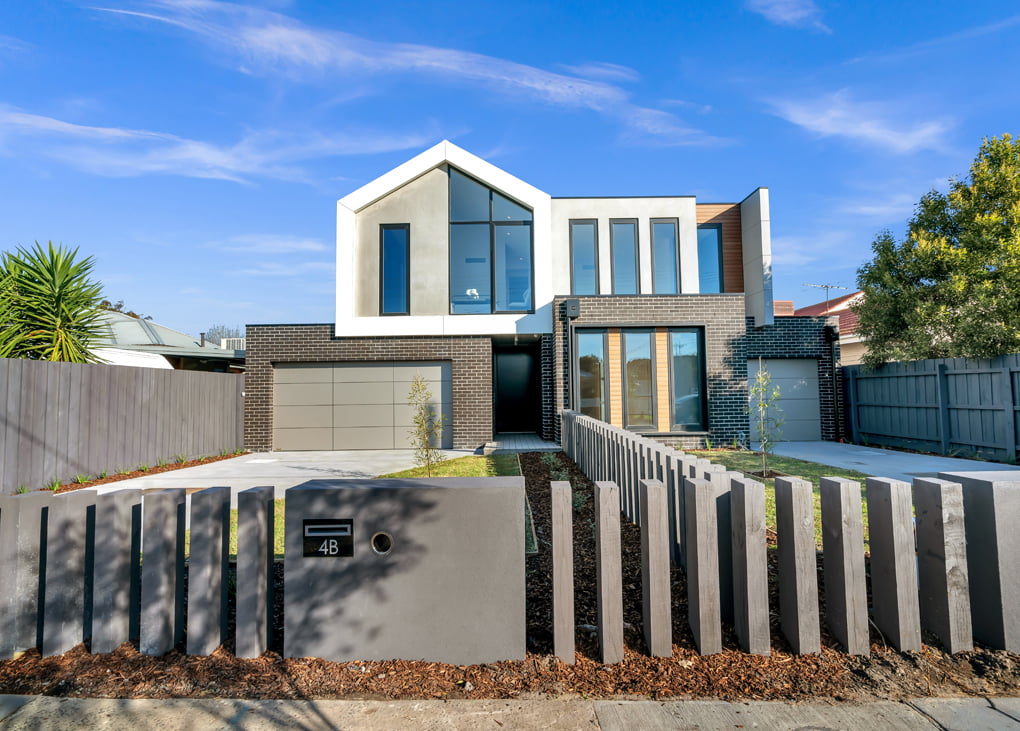
No decision yet on 7 star homes
Industry bodies are keeping up the call for higher energy efficiency standards in the National Construction Code 2022. Although the NCC 2022 is due to come into effect in September, there has still been no clear signal about whether one of the key changes will be included: the raising of minimum energy efficiency standards for […]
-
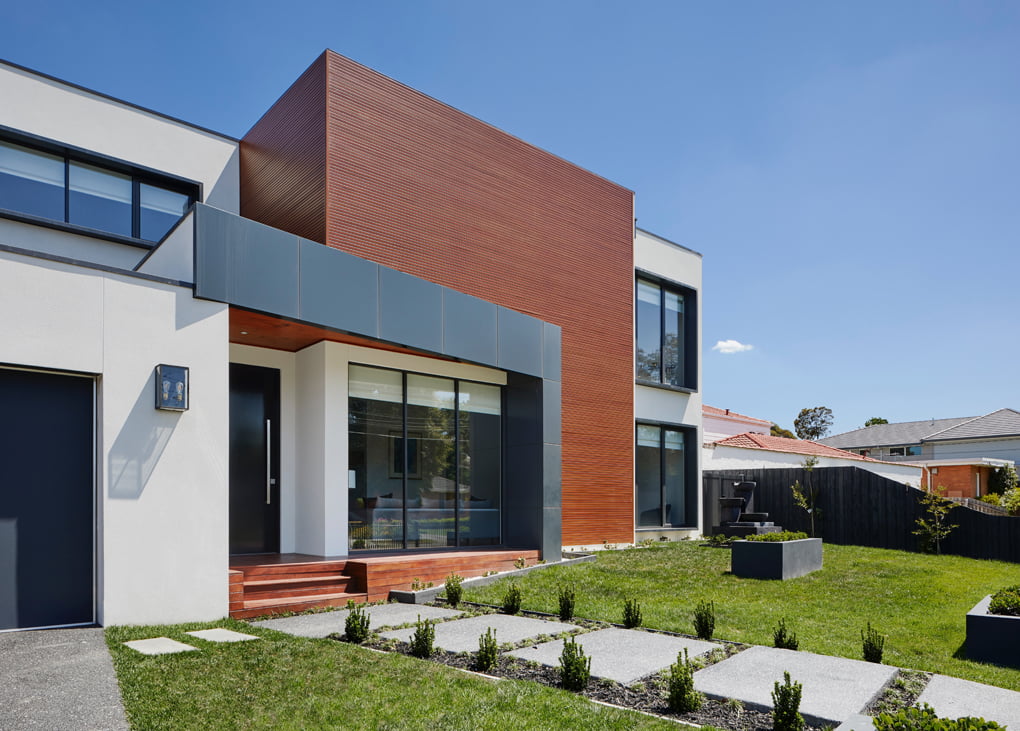
First glimpse of NCC 2022
The Australian Building Codes Board (ABCB) has released the first stage of the National Construction Code (NCC) 2022 preview to familiarise stakeholders with the major changes. The first stage of the release contains most of the amendments finalised for NCC 2022, including: New livable housing features to assist people with disability and through more stages […]
-

Hydrocarbons the future for residential AC?
Industry stakeholders have applauded a revised International Electrotechnical Commission (IEC) safety standard that will allow larger charges of flammable refrigerants in household appliances such as air conditioners, heat pumps and dehumidifiers. In particular, it could open the way for greater use of hydrocarbons in residential air conditioning. Standard IEC 60335-2-40 deals with the safety of […]